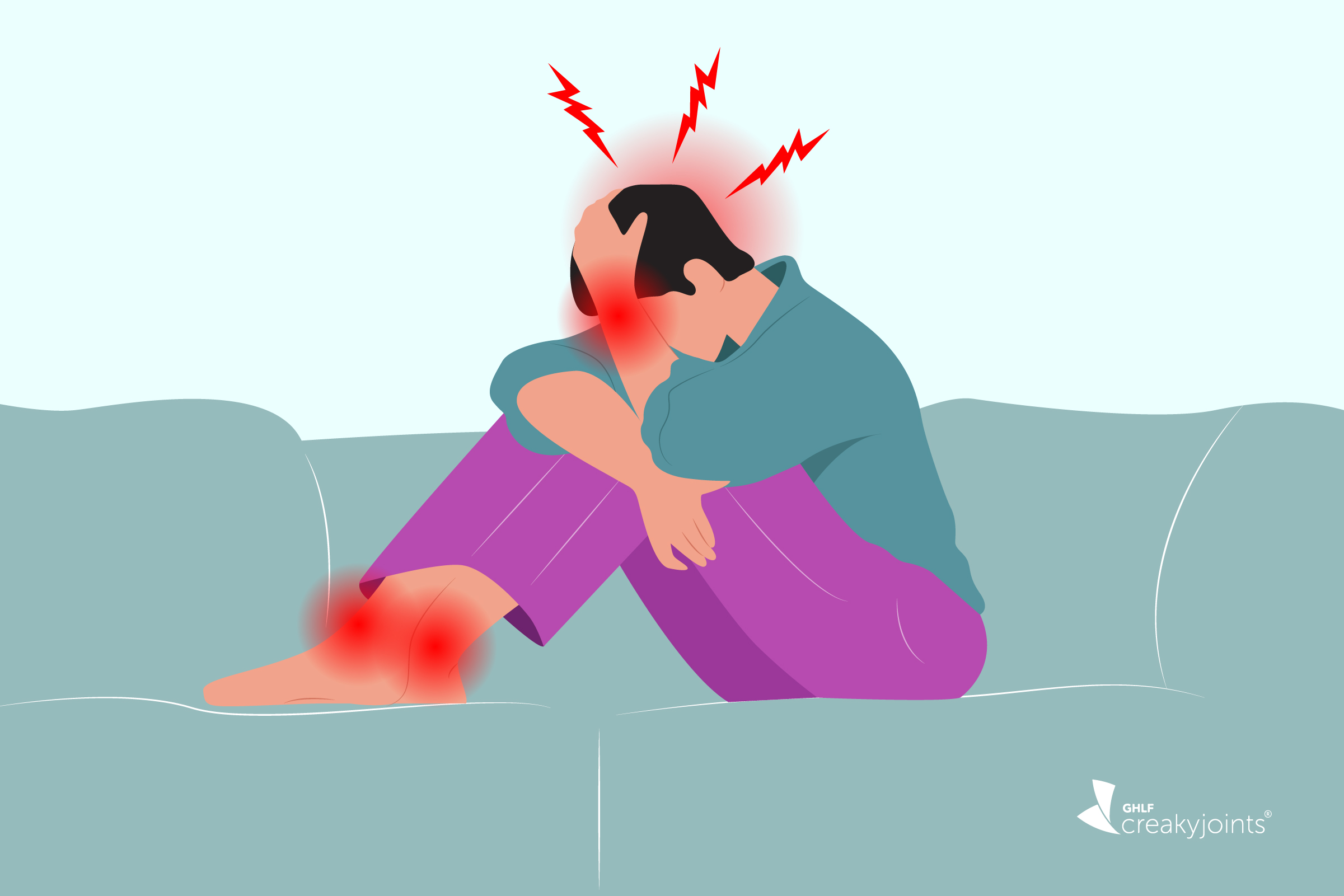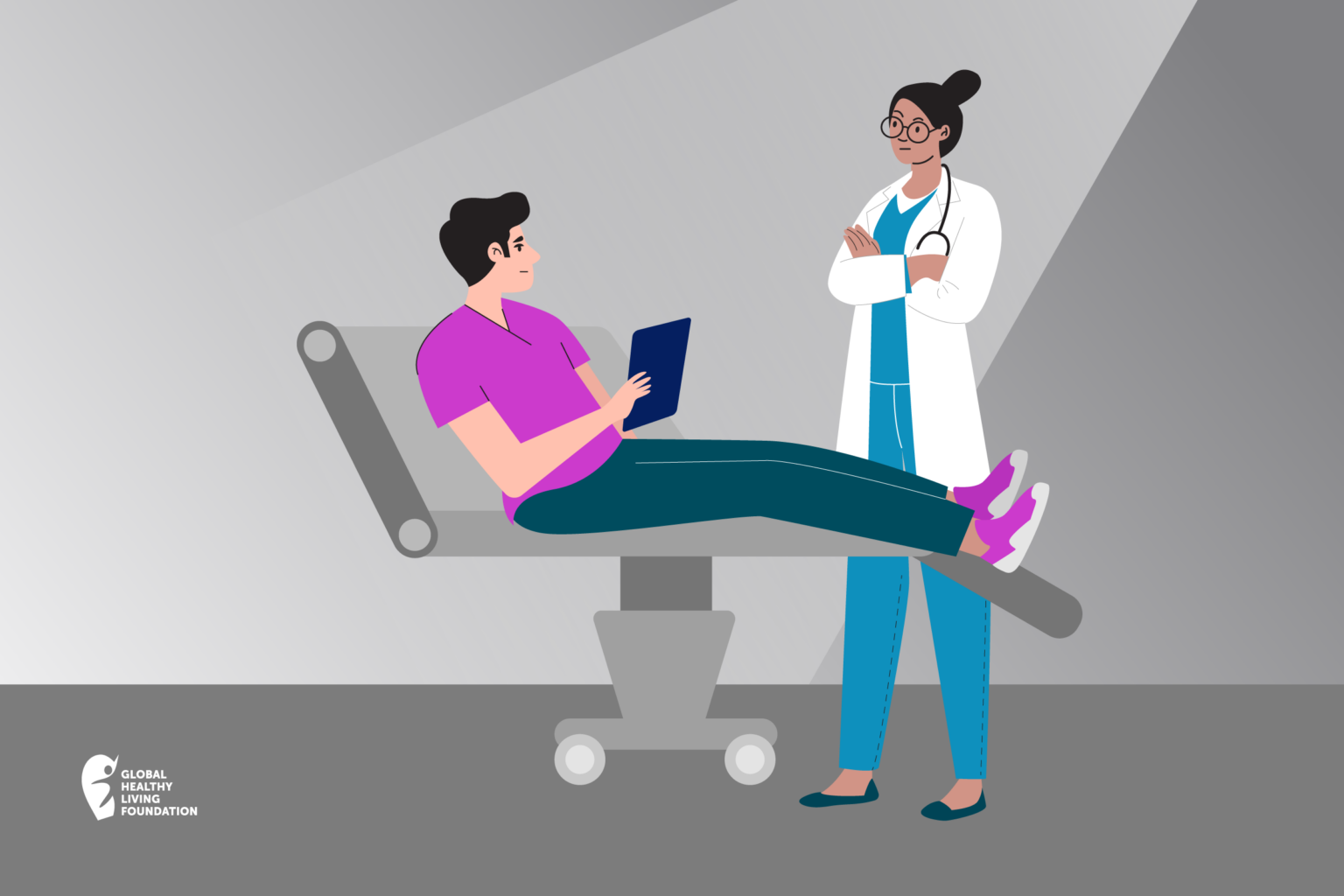"I am holding the trashcan on my lap when Chaka Khan starts to sing about female empowerment. I think: “
Sorry, Chaka, but it is not all in me today.”
Inflamed by Irresponsible Reporting
Inflamed by Irresponsible Reporting
September 15, 2022
Joe Coe

I feel bad for journalists.
They face high burnout.
They are under a legitimate and coordinated attack to reduce their ability to publish free and independent thought.
And they share a profession with reporters such as Emma James, who recently wrote a tabloid-style attack on young girls with chronic disease.
What the Reporter Got Wrong
The article is brimming with inflammatory language, going as far to say that many chronic disease patients are “addicted to being sad,” “competing with each other for who is the sickest,” and even stating that the Spoonie community “encourage[s] each other to lie to doctors to get the diagnosis they want.” Check out the hashtag #SpoonieChat to see how outrageous that claim is.
But should we really be surprised — and are we extending too much energy engaging with a media outlet that is riddled with sensationalized headlines and stories?
Click Bait Sells but Also Harms
I get it, click bait sells ads and in an increasingly competitive media market ad revenue is important — but journalists who are motivated by clicks, at the expense of marginalized and sick people aren’t serving their readers . It’s not lost on me that the critique on “attention seeking” is in fact the embodiment of attention seeking. That is what this article in the Daily Mail was designed to do: to seek attention by publishing sensationalized rubbish. But at GHLF, we take our mission to “inspire, support, and empower people living with chronic illnesses to put themselves at the center of their care” seriously — and we can’t just let this slide.
The Chronic Disease Community Comes Together
We quickly responded by highlighting how patients feel social media supports them. Showing real reasons why social media has reduced isolation, created empathy, and provided support. Social media can and has done good.
We can’t expect people like Emma Rose or her editors at the Daily Mail to understand the complexities of chronic disease. But we can. And will.
You read Emma’s inflammatory words above – but now listen to inspiring stories told by people with chronic disease. Their real-life struggles (and ours, as many of us at GHLF live with chronic disease) can’t and should not be reduced to a “click baity” headline.
Listen To Real Stories About People Living with Chronic Disease
Listen to the IBD Moms on Gut Culture:
Two mothers with inflammatory bowel disease have much in common. But what makes them different is what also makes them so powerful as the “IBD Moms.”

Listen to Paula Golladay on Thriving While Aching
When you’re in pain, it can be harder to find joy in life. In this episode, we meet Paula Golladay, a double amputee who is a competitive runner and part of a supportive community. Her superpower: She uses humor as a way to appreciate life. “I can walk on hot coals, you can’t,” says Paula, laughing. “I can walk on glass, you can’t. My socks never ever, ever smell. I can wear one pair of socks for an entire year.”
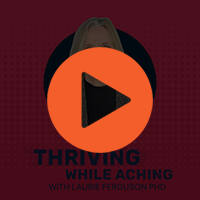
Listen to Joe McKay on Talking Head Pain
Joe, a retired firefighter, describes how he became the hero in his own personal headache nightmare. Joe’s life experiences and advocacy teach us that it is never weak to get help.
*Content warning, this episode contains sensitive content around the events of 9/11 and suicide.
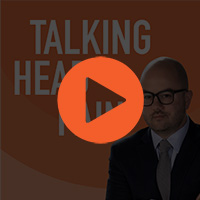
Listen to Diane Talbert on “The Psoriatic Arthritis Club”
Diane should have been diagnosed with PsA well before she actually was. As a woman of color who grew up poor, she endured decades of inadequate treatment, misdiagnosis, and stigma. But she also learned a lot about how to turn things around and advocate for better care. “Someone told me a bunch of years ago, you have a voice, use it,” Diane says. “That had to be the best advice ever. Use your voice.”
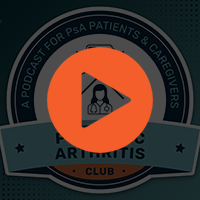
Listen to Osa Wallman on “The Gout Show”
Oso Wallman gets candid about how painful and disruptive gout has been to his daily life.

Now What?
While you can’t control irresponsible reporters, you can share your story with organizations like ours who are here to support you.
Follow us on social media, listen to other patient stories, and if you have an idea let us know!
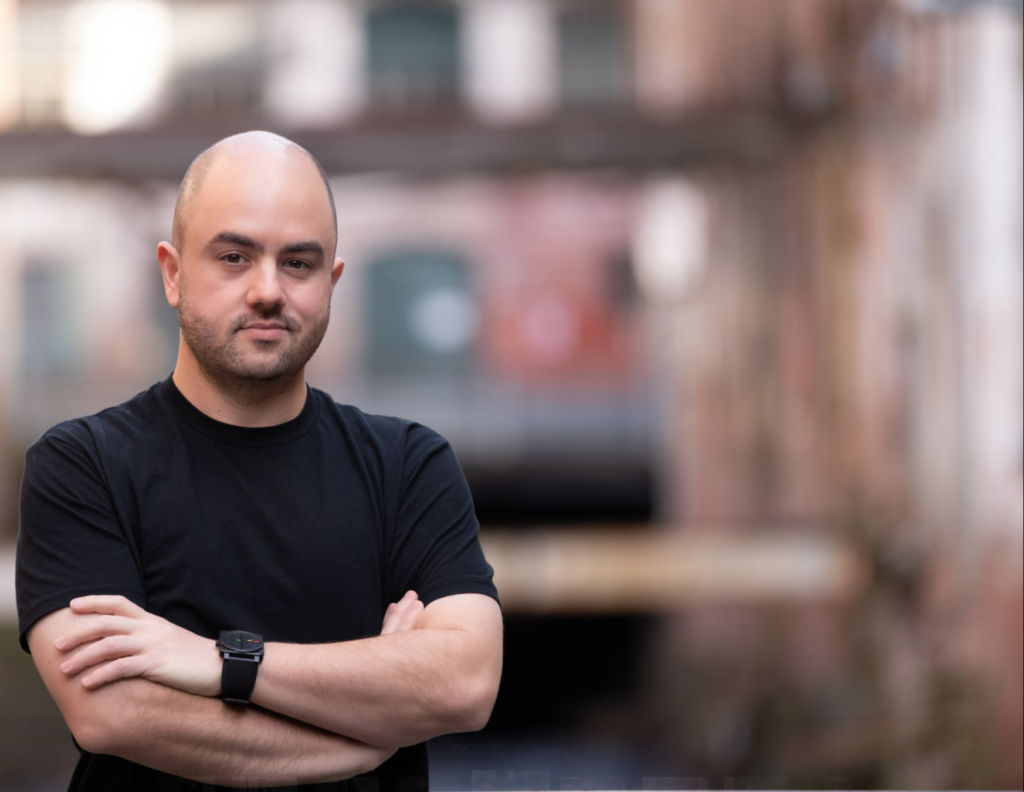
SUBSCRIBE TO GHLF
RELATED POST AND PAGES
_
Was this article helpful?
YesNo



